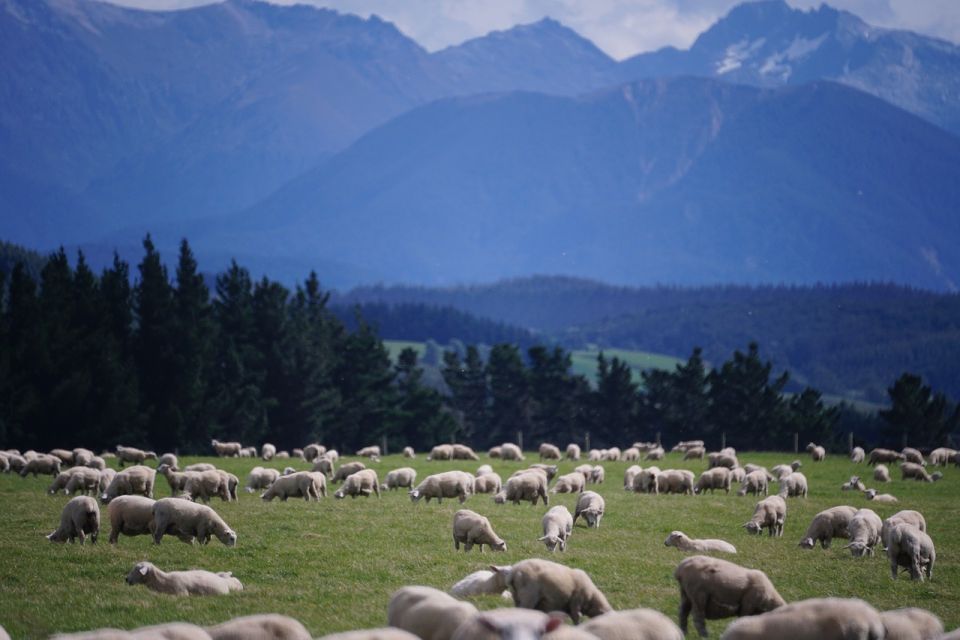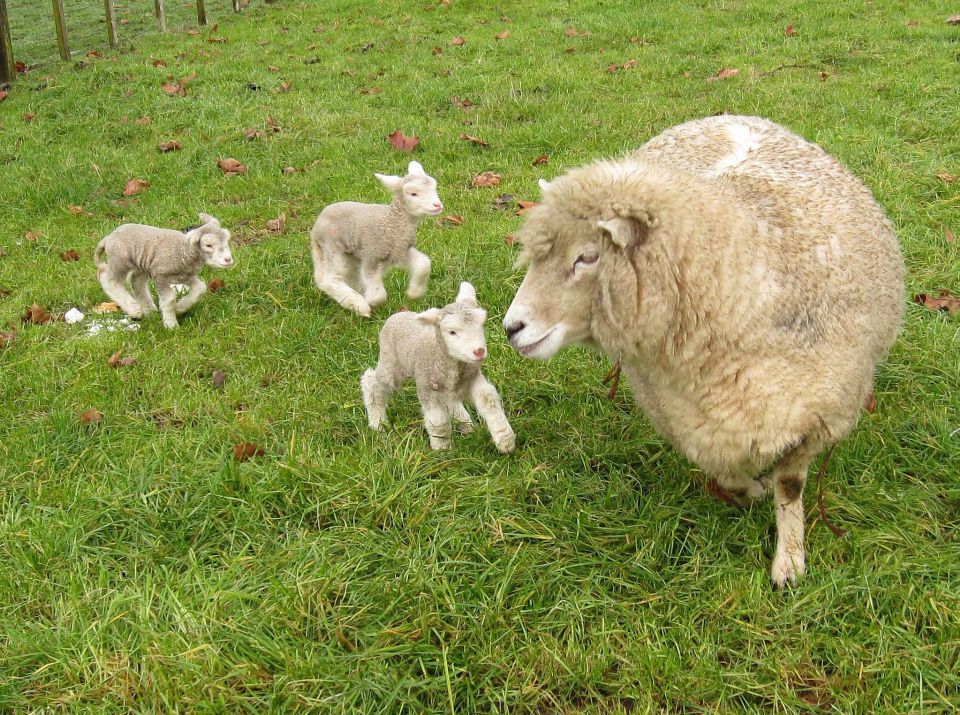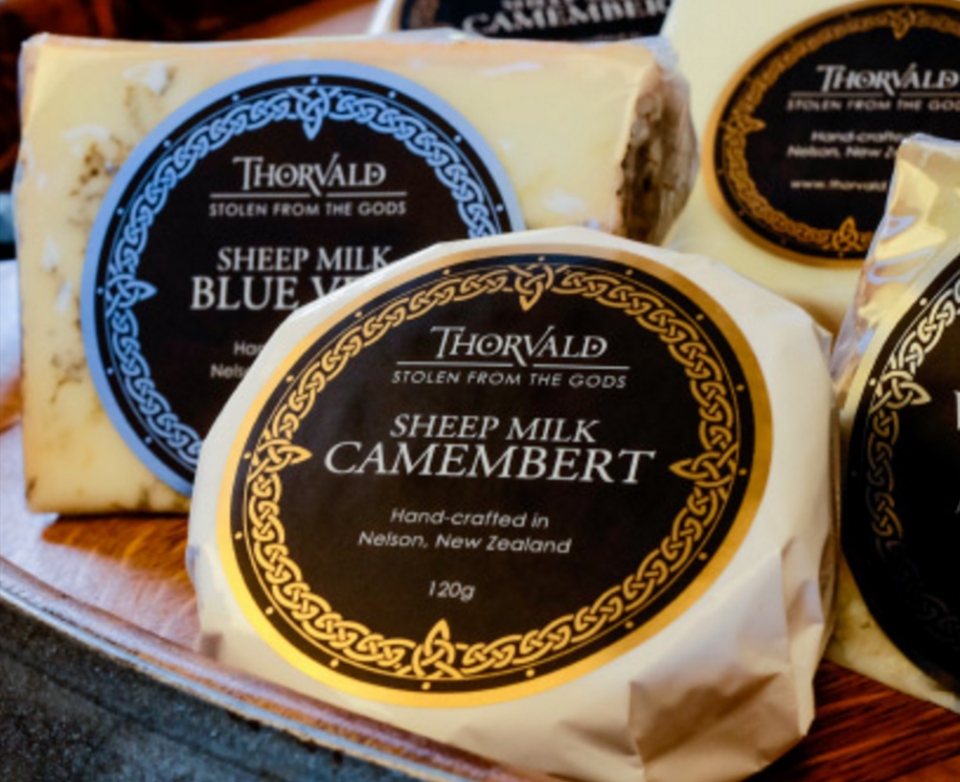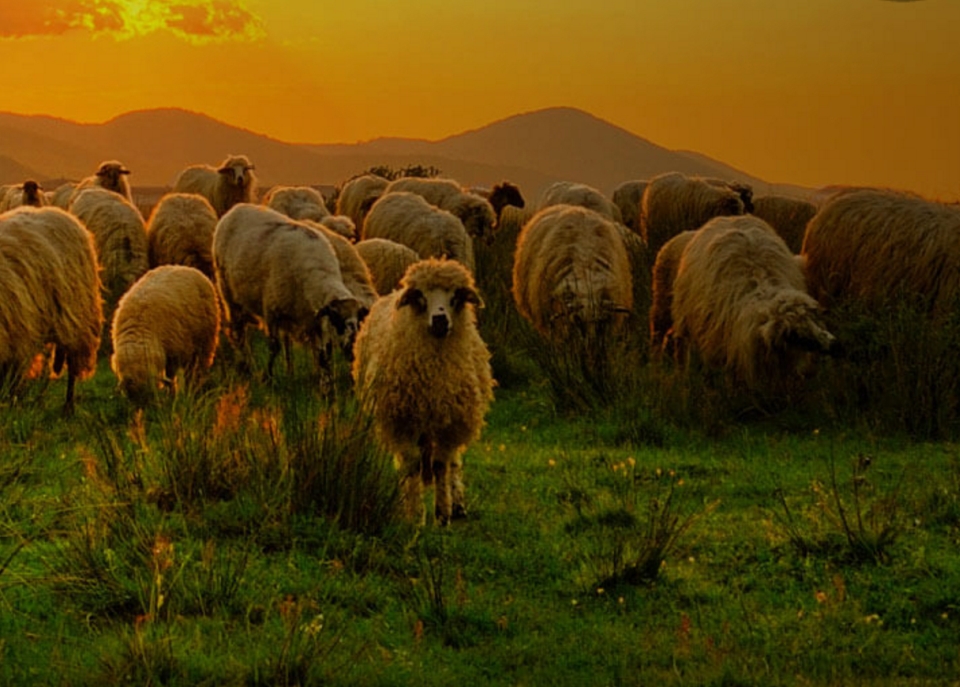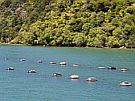Importance of sheep farming
Sheep farming has always been important to New Zealand. From 1856 to 1987, it was the most important farming industry. But since then, dairy farming has earned more money. Sheep numbers are now less than half of what they used to be and there are now around 28 million sheep in New Zealand.
Sheep have been farmed for their wool and meat. Lamb is now more valuable than wool and lamb exports are worth over $5 billion dollars a year.
The way sheep are farmed has changed and even though there are now less sheep, many farmers have been able to produce more from these lower numbers by only breeding from the best sheep.
More than just meat and wool
In New Zealand, we are used to cow’s milk but sheep and goats can also be milked and this milk is often used to make cheese.
During this field trip, you will see how sheep milk cheese is made on the Thorvald Farm near Nelson.
Thorvald Farm
Thorvald farms sheep for their milk. The sheep on this farm are different to those you might see on most New Zealand farms. They have cross-bred the East Friesian and the Awassi sheep, along with other breeds in the mix to make sure the sheep are healthy and happy.
Sheep milk
Sheep’s milk has been used for thousands of years to make some of the world’s best cheese. Feta is often made from sheep milk along with other types of cheese like ricotta.
Sheep milk: 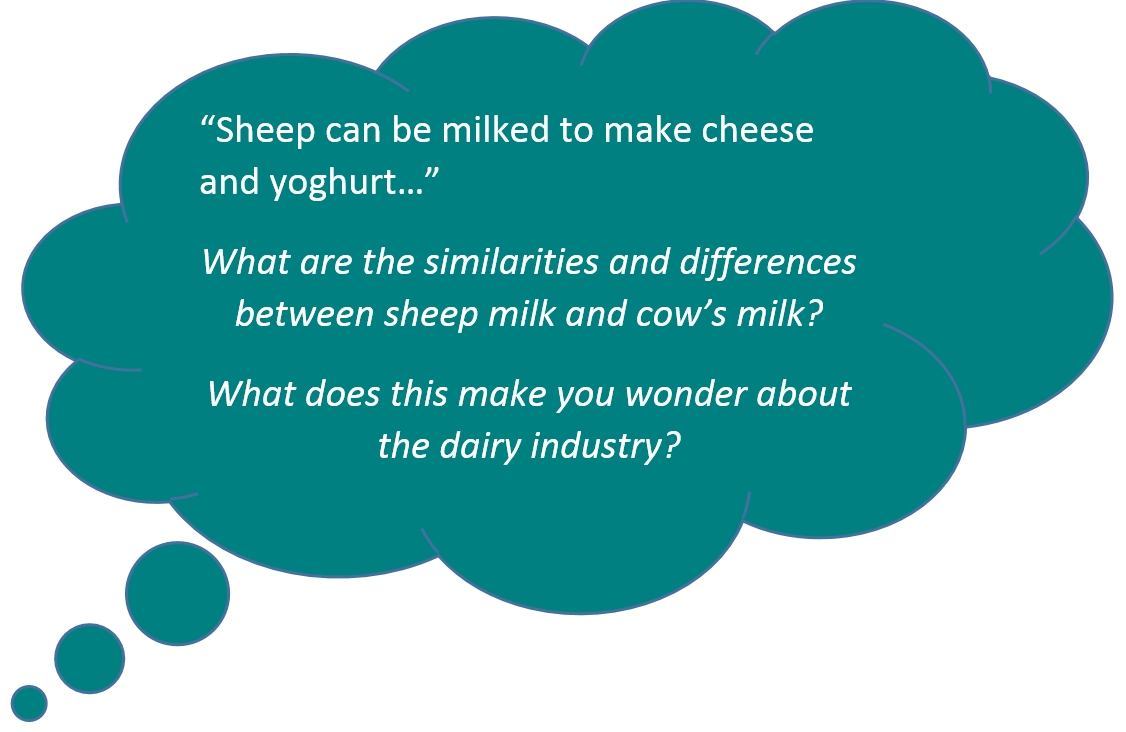
- Has a full, creamy flavour
- Is rich in vitamins and minerals
- Sheep milk is higher in energy, protein, calcium and iron than cow's milk
Animal welfare, biosecurity and food safety standards must be met to make sheep milk cheese and yoghurt.


